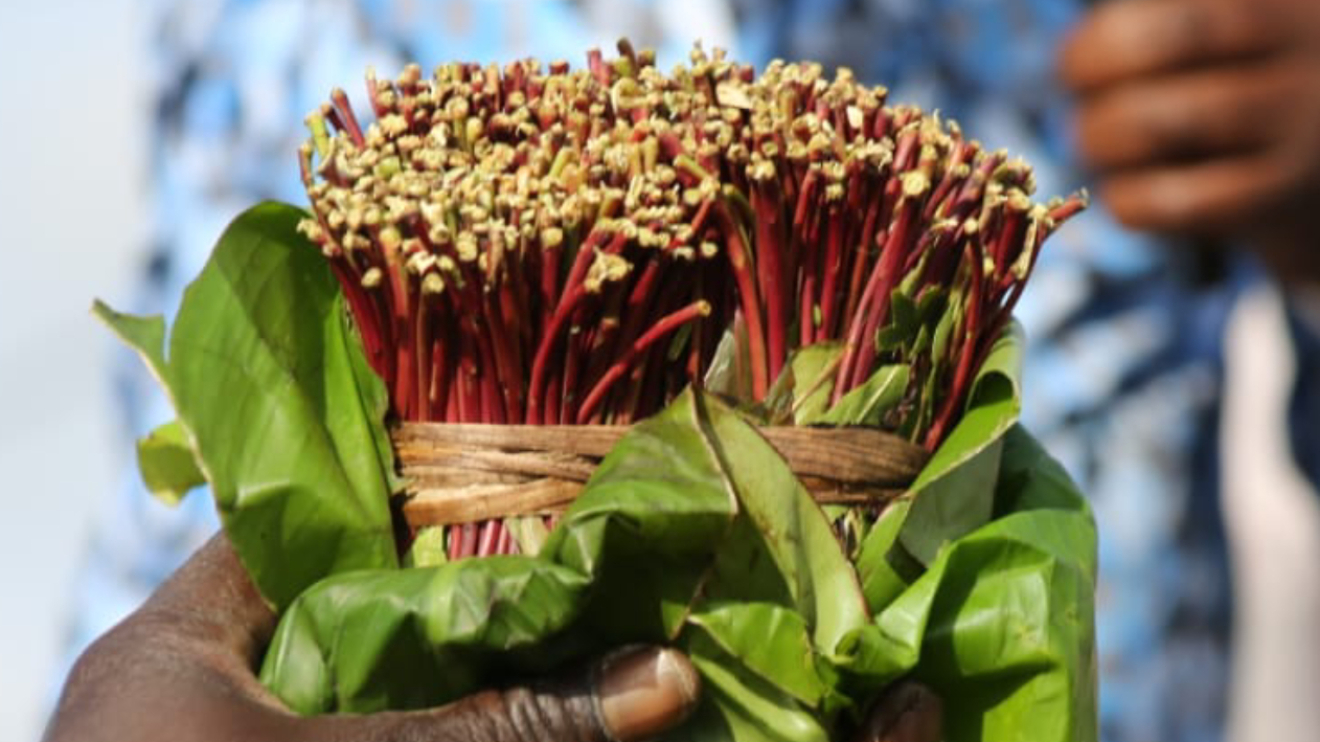Device affordability remains a significant hurdle in Kenya's journey towards digital transformation, prompting the Government's renewed commitment to address this issue.
During the recent launch of the ‘Digital Economy Report,’ ICT and Digital Economy Cabinet Secretary Margaret Nyambura Ndung’u underscored the necessity of enabling government policies to stimulate growth across vital sectors, particularly agriculture.
Ndung’u articulated the centrality of the mobile industry in Kenya’s digital transformation agenda, stating that the country’s economic digitization is still heavily reliant on this sector.
She pledged that the Ministry would actively review and implement the report’s policy recommendations to enhance ICT service penetration and unlock new business opportunities.
According to the report released by the Global System for Mobile Communications Association (GSMA), the acceleration of digitization in various sectors—including agriculture, industry, transport, trade, and healthcare—has the potential to significantly enhance Kenya's GDP.
Read More
Key policy recommendations from the report focus on reducing sector-specific taxes, improving device affordability, and establishing a regulatory framework designed to attract investment.
The findings also highlight that reducing taxes on mobile and mobile money services could facilitate greater access and productivity, leading to increased tax revenues.
Nevertheless, the report identifies persistent barriers, notably device affordability and a lack of digital skills, which continue to impede the swift adoption of mobile internet across the nation.
Lydia Sietenei, a legal advisor at the Communications Authority of Kenya (CA), highlighted that addressing both the cost of devices and the lack of digital skills is essential for Kenya to fully realise its digital goals. She noted that these two barriers must be overcome to propel the country's digital ambitions forward.
Currently, only 35 percent of the population engages with mobile internet services.
The Communications Authority of Kenya (CA) also provided a revealing snapshot of the nation’s mobile landscape as of June 2024.
Kenya boasted 68.9 million mobile subscribers, pushing the mobile penetration rate to a staggering 133.7 per cent.
Additionally, 66.1 million mobile devices were connected, with smartphones making up 68.3 per cent of all connections.
In terms of internet connectivity, mobile broadband remains the dominant force, accounting for 38.4 million subscriptions.
This starkly contrasts with the more limited reach of fixed data services, which have only 1.5 million subscriptions nationwide.

-1729719554.jpg)







